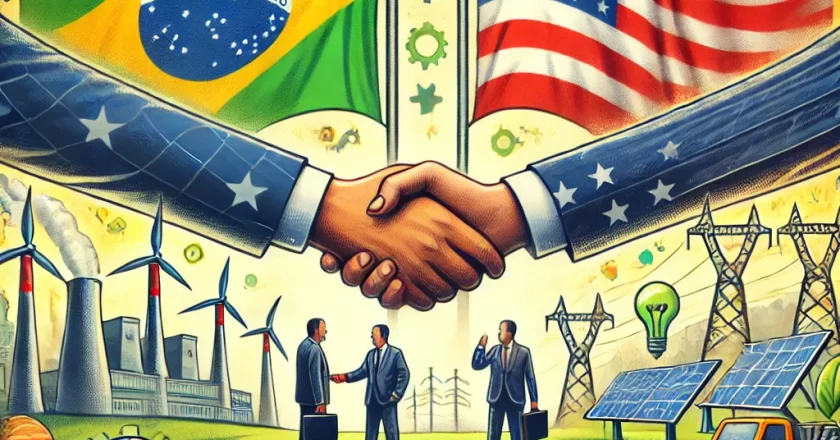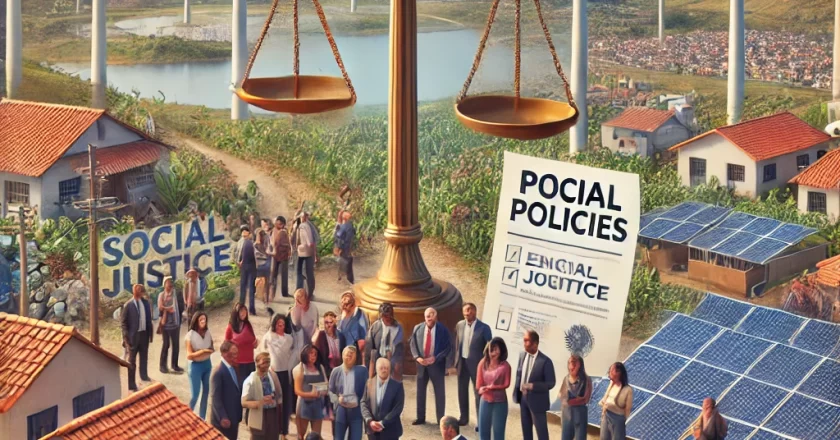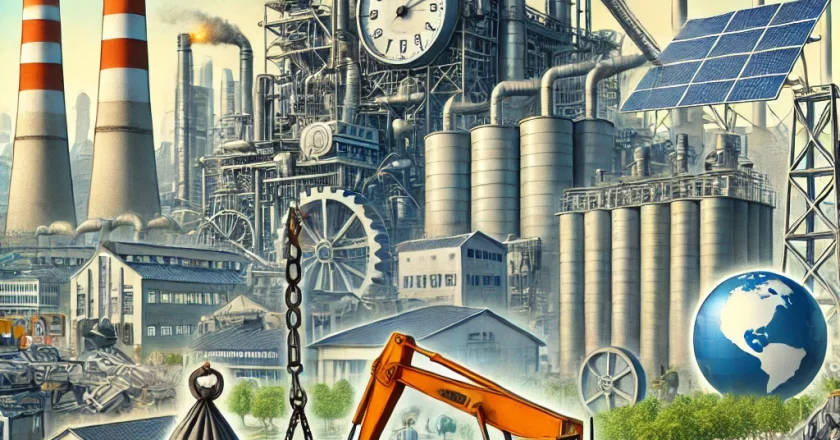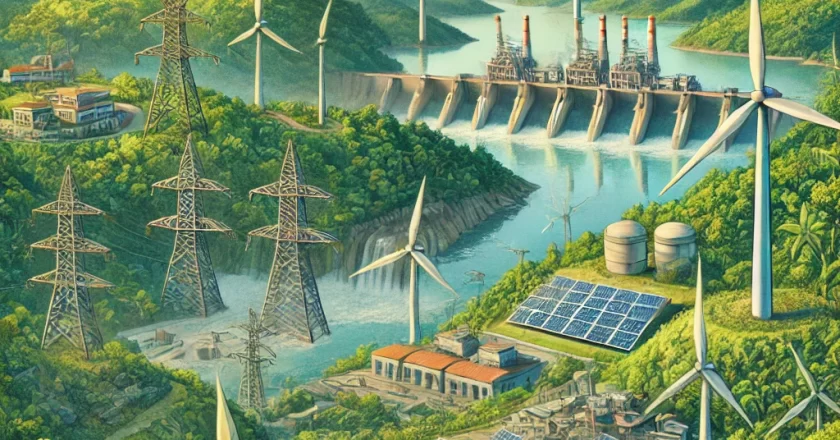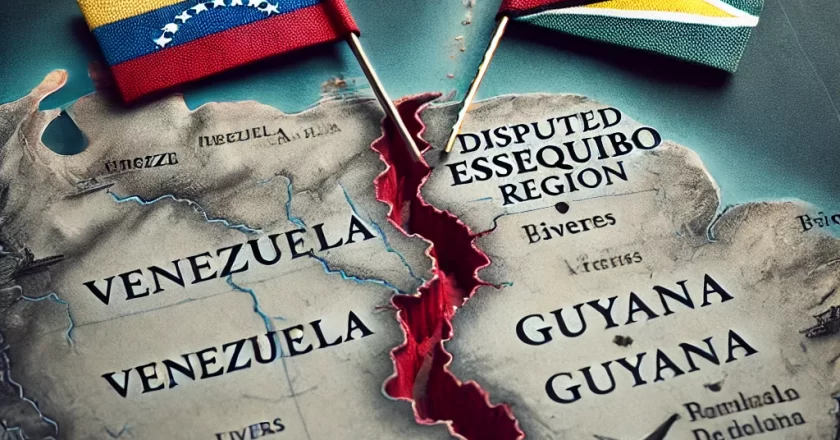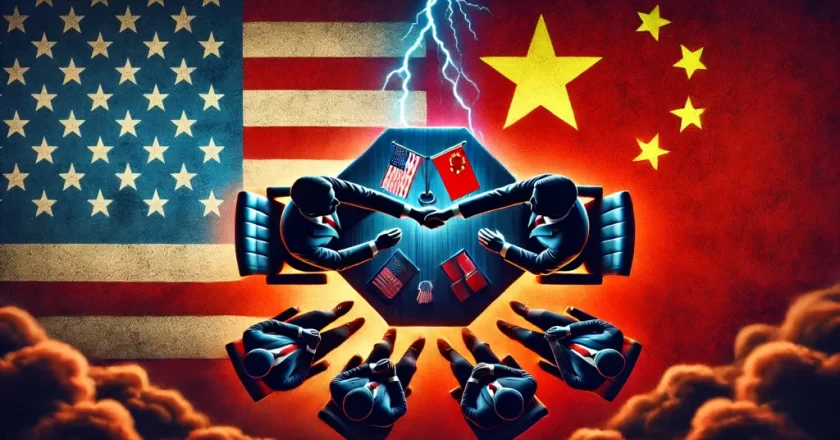Brazil-US partnership for the energy transition: oportunidades e limitações ao desenvolvimento brasileiro
A parceria entre Brasil e Estados Unidos para a transição energética surge como uma iniciativa estratégica no contexto das mudanças climáticas e da busca por um desenvolvimento sustentável. Com objetivos comuns de redução das emissões de carbono e promoção de energias limpas, ambos os países têm se engajado em discussões e acordos que visam facilitar a cooperação técnica, tecnológica e financeira na área de energia renovável. However, embora essa parceria apresente diversas oportunidades, ela também revela limitações significativas para o desenvolvimento autônomo do Brasil, especialmente no que diz respeito à dependência tecnológica e às assimetrias econômicas entre os dois países.
A parceria foi formalizada em 2021, durante o governo de Joe Biden, com a criação do “Diálogo de Alto N...

